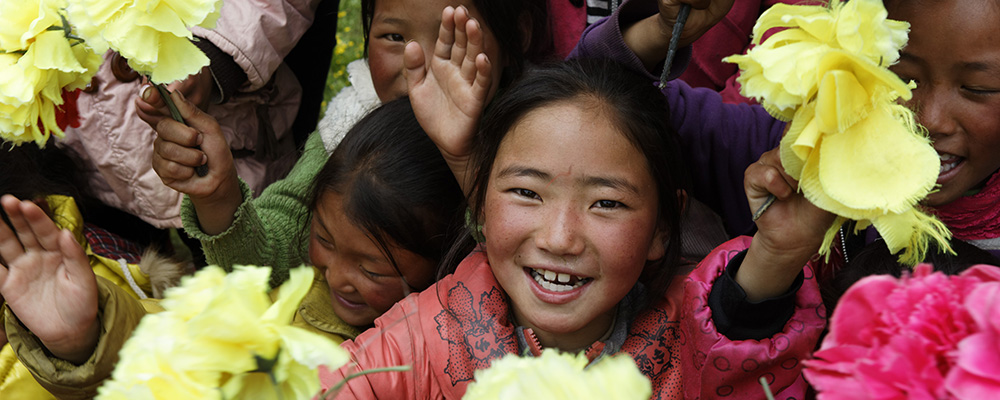
One of the most common errors we make is to confuse pleasure for happiness. According to a Hindu proverb: “Pleasure is only the shadow of happiness”. Pleasure is the direct result of hedonistic, pleasurable sensual, esthetic, or intellectual stimuli. This fleeting experience of pleasure is dependent upon circumstances, on a specific location, or moment in time. It is unstable by nature, and the sensation it evokes soon becomes neutral or even unpleasant. When repeated it may grow insipid or even lead to disgust, like the happiness of eating a cake. It tastes good, but that pleasure ends as soon as we finish it. To prolong this happiness we would have to keep eating more cakes and then, ten cakes later, we might feel nauseous.
Pleasure is exhausted by usage, like a candle consuming itself. It is almost always linked to an activity and naturally leads to boredom by dint of being repeated. Listening rapturously to a Bach prelude requires a focus of attention that, minimal as it is, cannot be maintained indefinitely. After a while fatigue kicks in and the music loses its charm. If we were forced to listen to the same piece for days on end, it would become unbearable.
Furthermore pleasure is an individual experience, most often centered on the self, which is why it can easily descend into selfishness and sometimes conflict with the well-being of others. In sexual intimacy there can be mutual pleasure through giving and receiving pleasurable sensations. Such pleasure can also transcend the self and contribute to genuine happiness but only if mutuality and generous altruism lies at its core.
You can experience pleasure at somebody else’s expense, but you can never derive happiness from it. Pleasure can be joined to cruelty, violence, pride, greed, and other mental conditions that are incompatible with true happiness. “Pleasure is the happiness of madmen, while happiness is the pleasure of sages,” wrote the French novelist and critic Jules Barbey d’Aurevilly.
Some people even enjoy vengeance and torturing other sentient beings. Likewise, a businessman may rejoice in the ruin of a competitor, a thief revel in his booty, a spectator at a bullfight can exult in the bull’s death. But these are passing, sometimes morbid states of elation that, like moments of positive euphoria, have nothing to do with happiness.
More often than not, pleasure does not keep its promises, as poet Robert Burns describes in Tam O’Shanter:
But pleasures are like poppies spread,
You seize the flower, its bloom is shed;
Or like the snow fall in the river,
A moment white — then melts forever.
Genuine happiness may be influenced by circumstance, but, unlike pleasure, it is not dependent on it. It does not mutate into its opposite, but endures and grows with experience. It imparts a sense of fulfilment that in time becomes second nature.